Ratan Tata Net Worth: Rs 3800 crore.
Introduction
Ratan Tata is more than just a businessman. He is a visionary leader, a philanthropist, and an individual who has left an indelible mark on both Indian and global industry. Born on December 28, 1937, Ratan Tata transformed the Tata Group, India’s largest conglomerate, into an international powerhouse. He is also known for his humility, integrity, and commitment to societal development. Today, Ratan Tata’s estimated net worth stands at approximately ₹3,800 crores, a figure far smaller than many other industrialists of his stature. This blog will explore Ratan Tata’s life, his leadership at Tata Group, his personal philosophy on wealth, and why his net worth does not reflect the magnitude of his influence and achievements.
Early Life and Education of Ratan Tata
Ratan Tata was born into one of India’s most prominent families on December 28, 1937, in Mumbai, Maharashtra. He is the son of Naval Tata, who was adopted into the Tata family, and Sooni Commissariat. Despite his family’s wealth and legacy, Ratan Tata’s childhood was far from typical. His parents separated when he was just 10 years old, and he was raised primarily by his grandmother, Lady Navajbai Tata, who played a significant role in shaping his values and character.
Ratan Tata received his early education at the Campion School in Mumbai and the Cathedral and John Connon School. He later went on to study at Bishop Cotton School in Shimla and completed his pre-university education at Riverdale Country School in New York City. In 1959, Ratan Tata graduated from Cornell University with a degree in architecture and structural engineering. After completing his undergraduate studies, he enrolled at Harvard Business School, where he completed the Advanced Management Program in 1975. His diverse educational background equipped him with the skills and knowledge that would later shape his visionary leadership at Tata Group.
Ratan Tata’s Entry into Tata Group
Ratan Tata joined the Tata Group in 1961, starting his career at Tata Steel’s shop floor in Jamshedpur. Unlike many heirs to business empires, he was not given a leadership position right away. Instead, he worked on the ground level, gaining practical experience in production and management. This hands-on approach would become a hallmark of his leadership style.
In 1971, Ratan Tata was appointed Director-in-Charge of the National Radio and Electronics Company (NELCO), a struggling Tata subsidiary. Under his leadership, the company managed to make a turnaround, though external factors later led to its closure. Despite the challenges, Tata’s ability to lead under pressure caught the attention of the group’s higher management, especially JRD Tata, the then-chairman of Tata Group.
In 1991, after JRD Tata stepped down, Ratan Tata took over as the Chairman of Tata Sons, the holding company of the Tata Group. This marked the beginning of a new era for the conglomerate, one characterized by aggressive growth, international expansion, and a renewed focus on technology and innovation.
Achievements of Ratan Tata
Ratan Tata’s leadership from 1991 to 2012 redefined the Tata Group. Under his stewardship, the company grew exponentially and diversified into various sectors, including technology, steel, automotive, telecommunications, and retail. Some of the most notable achievements during his tenure include:
- Global Expansion: Ratan Tata was instrumental in taking Tata Group global. In 2000, Tata Tea acquired the iconic British tea brand Tetley for $450 million. This was the first major international acquisition by an Indian company and set the tone for future expansion.
- Acquisition of Jaguar Land Rover (JLR): In 2008, Tata Motors made international headlines when it acquired the British luxury carmaker Jaguar Land Rover for $2.3 billion. The acquisition not only gave Tata Motors a foothold in the luxury automobile segment but also positioned Tata Group as a global player in the automotive industry.
- Launch of Tata Nano: Ratan Tata fulfilled a long-standing dream when he launched the Tata Nano in 2009, the world’s cheapest car, priced at around ₹1 lakh. The car was designed to make personal transport affordable for India’s middle class. Although it didn’t achieve the commercial success initially anticipated, the Tata Nano remains a symbol of Tata’s commitment to innovation and providing affordable solutions to societal problems.
- Transformation of TCS: Under Ratan Tata’s leadership, Tata Consultancy Services (TCS) became one of the world’s largest IT services companies. Today, TCS is the crown jewel of the Tata Group, contributing significantly to its overall revenues and making Tata a global leader in the IT sector.
- Philanthropy: Beyond business success, Ratan Tata’s legacy is closely tied to his philanthropic efforts. He played a pivotal role in shaping the activities of the Tata Trusts, which control over 66% of the equity capital of Tata Sons. These trusts fund numerous charitable initiatives in education, healthcare, rural development, and more.
The Net Worth of Ratan Tata: ₹3,800 Crores
As of 2024, Ratan Tata’s net worth is estimated to be around ₹3,800 crores (approximately $460 million). When compared to other industrialists, especially in India, this figure appears relatively modest. However, it is essential to understand that Ratan Tata’s personal net worth does not reflect the immense wealth controlled by the Tata Group or his influence on the global business stage.
The primary reason for this is the unique ownership structure of Tata Sons. Approximately 66% of Tata Sons’ equity is held by charitable trusts, including the Sir Dorabji Tata Trust and the Sir Ratan Tata Trust. These trusts use the dividends they receive from Tata Sons to fund various philanthropic activities across India, ranging from education and healthcare to rural development and environmental sustainability.
Unlike many other business leaders who accumulate personal wealth, Ratan Tata’s personal stake in Tata Sons is minimal. His philosophy has always been to reinvest wealth into society rather than into personal gain, a principle that has guided the Tata family for generations.
Tata Group’s Ownership Structure and Its Impact on Ratan Tata’s Wealth
The Tata Group is one of India’s largest and most diversified conglomerates, with businesses spanning multiple sectors. However, what sets Tata apart from other corporations is its unique ownership structure.
- Tata Trusts: The largest shareholders of Tata Sons, the holding company of the Tata Group, are the Tata Trusts, which hold about 66% of the company’s equity. These trusts were established by members of the Tata family, and their primary mission is to promote social welfare and philanthropic initiatives. The profits generated by Tata Sons are largely directed toward these trusts, which in turn fund charitable projects in education, healthcare, rural development, and arts and culture.
- Ratan Tata’s Shareholding: Ratan Tata holds only a small personal stake in Tata Sons, which explains why his personal net worth, estimated at ₹3,800 crores, is modest compared to the vast financial power of the Tata Group. The majority of the wealth generated by the group goes toward social causes rather than personal enrichment.
- Philanthropic Focus: Ratan Tata’s emphasis on philanthropy is not just a personal value but a core principle of the Tata Group. From funding institutions like the Tata Memorial Hospital, which provides cancer care to thousands of patients, to supporting rural education and clean water initiatives, the Tata Trusts have had a profound impact on millions of lives across India.
Ratan Tata’s Personal Life
Despite his immense success and influence, Ratan Tata has always been known for his modesty and simple lifestyle. He is a bachelor and has often spoken about his unfulfilled desire to marry. In interviews, Tata has mentioned that he came close to getting married four times but never went through with it due to various reasons, including family obligations.
Ratan Tata is passionate about animals, particularly dogs, and he often shares his home with stray dogs. His love for animals is well-known, and he has supported various animal welfare initiatives over the years.
In his free time, Tata enjoys flying and has a pilot’s license. He also has a passion for cars, particularly vintage and luxury models, and has been known to drive himself around Mumbai in his collection of classic automobiles.
Awards and Honors
Over the years, Ratan Tata has received numerous awards and honors for his contributions to business and society. Some of the most notable include:
- Padma Bhushan (2000): Ratan Tata was awarded the Padma Bhushan, India’s third-highest civilian honor, in recognition of his contributions to trade and industry.
- Padma Vibhushan (2008): In 2008, Ratan Tata was honored with the Padma Vibhushan, India’s second-highest civilian award, for his exceptional and distinguished service to the nation.
- Honorary Fellow of the London School of Economics: Ratan Tata was conferred with this honorary fellowship for his outstanding leadership in business and philanthropy.
- Honorary Knight Grand Cross of the Order of the British Empire (KBE): In recognition of his significant contribution to the UK-India relationship, particularly through Tata Group’s investments in the UK, Ratan Tata was awarded this prestigious honor by the British government.
Tata Group: Products and Services
The Tata Group’s impact on the global market can be seen across a wide array of sectors. Here is a breakdown of the key businesses under the Tata Group umbrella:
- Tata Consultancy Services (TCS): TCS is one of the world’s largest IT services companies. It offers services in consulting, software development, infrastructure support, and more, with a client base that spans multiple continents.
- Tata Motors: One of India’s leading automobile manufacturers, Tata Motors produces passenger cars, trucks, vans, and buses. The acquisition of Jaguar Land Rover in 2008 cemented its presence in the global automotive industry.
- Tata Steel: Tata Steel is among the world’s largest steel manufacturers. Its acquisition of Corus in 2007 made it one of the top global players in the steel industry.
- Tata Chemicals: A leader in industrial chemicals, Tata Chemicals produces a range of products, including soda ash, fertilizers, and food additives. It has operations in multiple countries, including India, the US, and the UK.
- Tata Power: Tata Power is India’s largest integrated power company, with operations in generation, transmission, and distribution. It is also actively investing in renewable energy projects like solar and wind power.
- Tata Consumer Products: This division includes iconic brands like Tata Tea, Tetley, and Tata Salt. Tata Consumer Products is a leader in the beverages and food sectors.
- Taj Hotels: Tata Group’s hospitality arm, Indian Hotels Company Limited, operates the renowned Taj Hotels chain, which includes some of the world’s most luxurious and iconic properties.
Ratan Tata’s Legacy and His Unique Net Worth
Ratan Tata’s life is a remarkable story of vision, leadership, and humility. His net worth, estimated at ₹3,800 crores, may not place him among the wealthiest people in the world, but his true legacy lies in the values he espouses and the impact he has had on millions of lives through his philanthropy.
Ratan Tata’s wealth is not measured by personal riches, but by the profound changes he has brought to Indian society. From steering the Tata Group to new heights to ensuring that the company’s wealth is reinvested in the people, Tata’s legacy is one of responsible capitalism, ethical leadership, and a deep commitment to giving back to society.
In a world that often celebrates personal wealth, Ratan Tata stands out as a leader who prioritizes the greater good over personal gain. His contributions to India’s business landscape, his philanthropic efforts through the Tata Trusts, and his dedication to improving the lives of millions of people make him one of the most respected and admired figures in modern India.
In every sense, Ratan Tata’s ₹3,800 crores represent more than personal wealth—they symbolize a lifetime of service, leadership, and giving back to society.

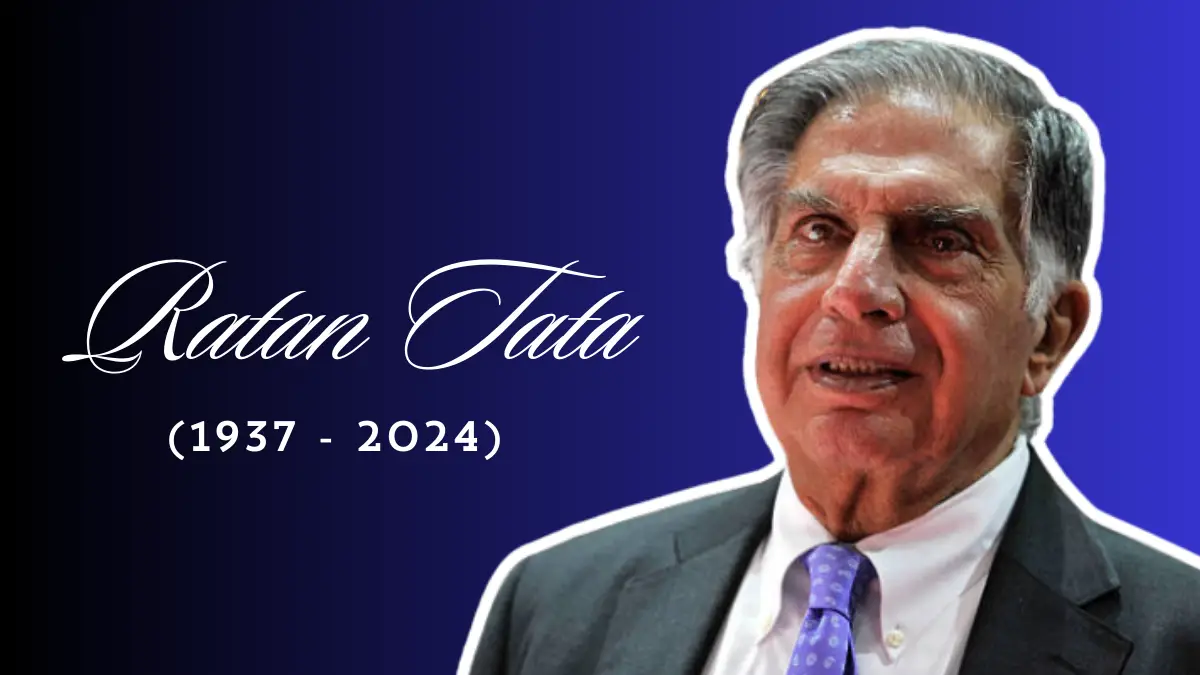

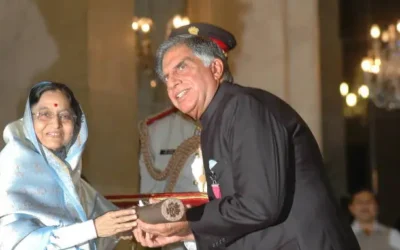
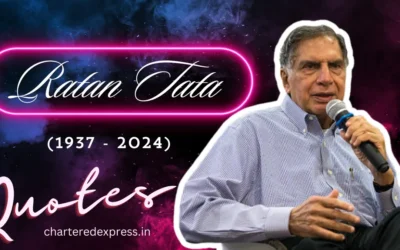







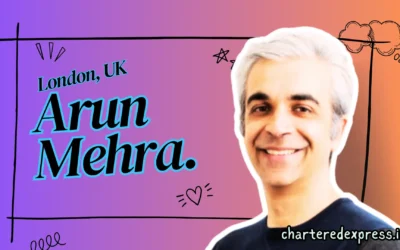


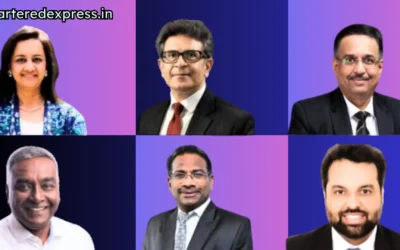
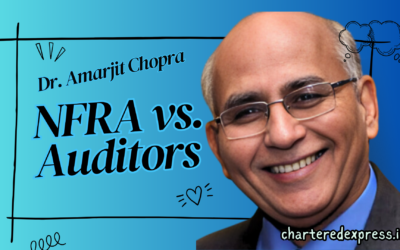

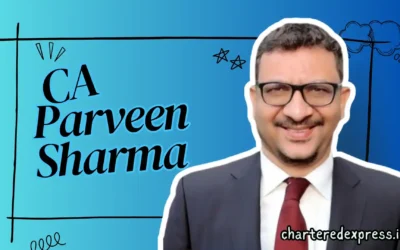















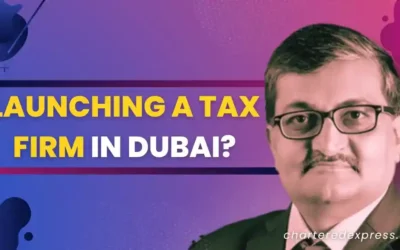


















0 Comments